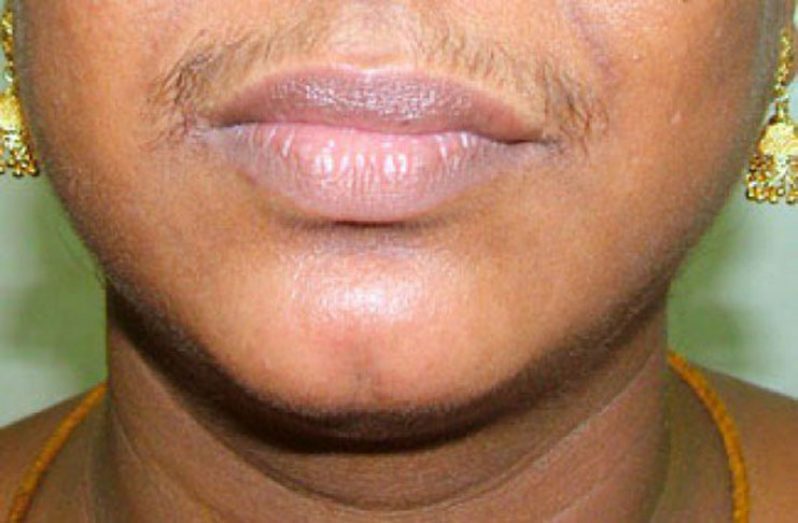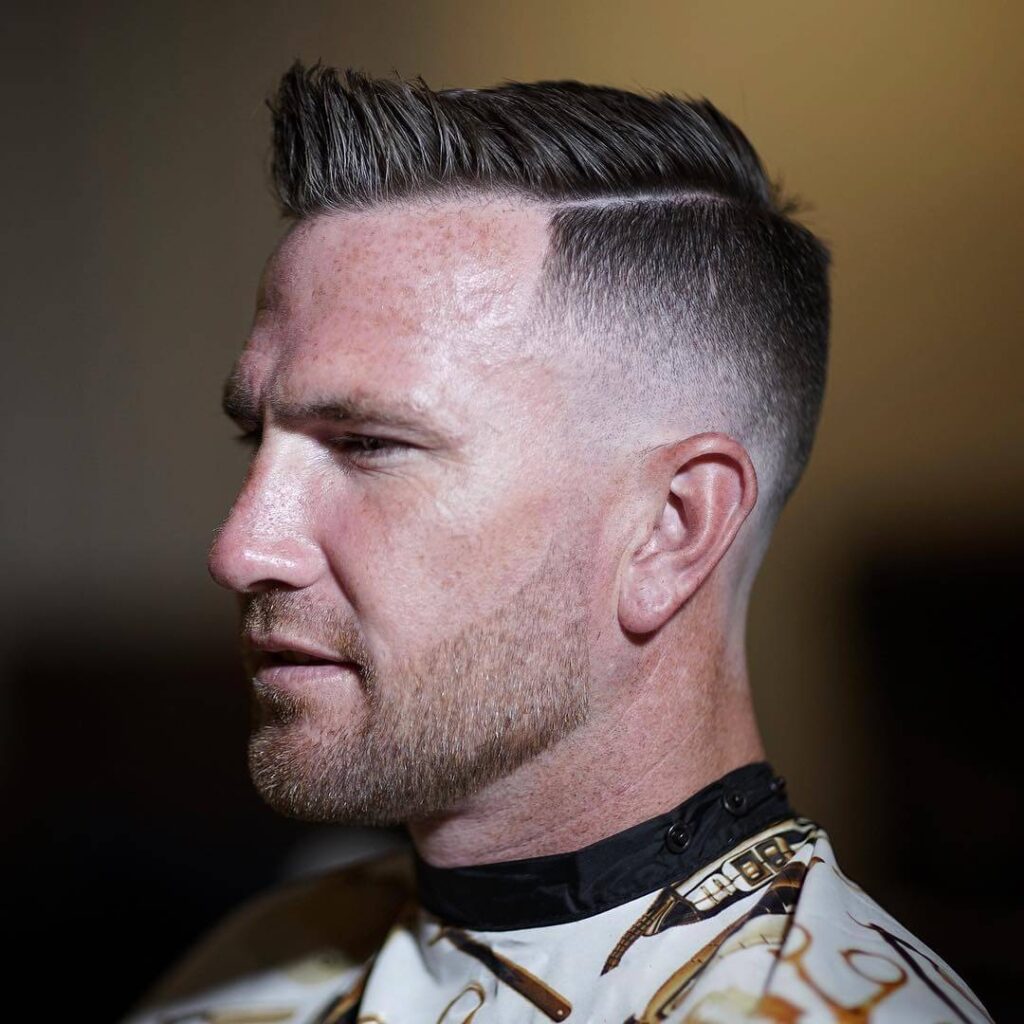Table Of Content
Other visible signs of hair loss include thinning at the hair line (receding hair line or a more defined part in hair). Androgenic Alopecia is a condition of severe hair loss and balding. New research now shows that hair loss extends beyond menopause as a result of women being exposed to a lifetime of excess androgens. The good news is that newer and effective treatment options are offering hope. Below I discuss the various treatments for hair loss for those suffering from PCOS.
PCOS symptoms’ improve ‘significantly’
Polycystic ovary syndrome (PCOS) is a hormonal disorder that affects up to 12% of women of reproductive age in the United States. The standard treatment protocol for hair loss often involves hormonal contraceptives, including the pill or intra-uterine devices, spironolactone, 5-alpha-reductase inhibitors, and metformin. Some phytosterols present in licorice may also act as 5-alpha-reductase inhibitors, preventing the conversion of testosterone to DHT. In some studies, licorice was shown to be more effective than Minoxidil at promoting hair growth. A well-balanced diet with vitamins or supplements that a health care provider recommends may also help optimize hair health.
It’s Not All About Diet
Many members of myPCOSteam report taking the medication with good results. “I’ve noticed a substantial decrease in hair shedding,” reported one member. Approved to treat male pattern baldness, Propecia is sometimes prescribed off-label to treat alopecia and hirsutism in women with PCOS.
Healthy Eating
GLP-1 Weight Loss Drugs Help Women With PCOS, Infertility Get Pregnant - Business Insider
GLP-1 Weight Loss Drugs Help Women With PCOS, Infertility Get Pregnant.
Posted: Sat, 23 Sep 2023 07:00:00 GMT [source]
Although hair loss can be reversed in some cases, the length of the hair cycle itself means that it can feel like a long wait until you see improvement. Make sure you get the support you need so that you can feel reassured and at ease. PRP involves drawing blood from the patient, and centrifuging it to obtain the platelet-rich portion.
You can read more about different patterns of hair loss and what they might signify. Many women with PCOS have insulin resistance as well, although it isn’t always diagnosed. Hair loss with PCOS can come in the form of loss at the root, where the entire hair including the follicle comes out, but it can also occur as breakage since the hair is drier and more prone to damage from heat and brushing. This means that the scalp may be more visible, particularly at the crown and hairline, or there may be more frizz, which is the result of hair breakage.
Minoxidil is the only FDA-approved drug for treating female pattern baldness. It promotes hair growth and can even give it a thicker appearance. Those with the condition frequently make too much testosterone, leading to effects like extra hair growth, acne and weight gain, and blocking ovulation.
If you are able to restore and balance your hormones then you should be able to regrow your hair. Since the majority of women with PCOS have irregular menstrual cycles and do not ovulate, they are not getting the benefits of progesterone. On myPCOSteam, the social network and online support group for those living with PCOS, members talk about a range of personal experiences including coping with hair loss. Androgen receptors for testosterone and 5-α dihydrotestosterone (DHT) are found on the hair root and follicle. DHT has a much greater affinity for these receptors than does testosterone.
What is polycystic ovarian syndrome?
The medical management of androgenetic alopecia consists of a number of options. Unlike acne and hirsutism, medical management of hair loss is much more difficult. The listed drugs and options are more successful in slowing the progression of androgenic alopecia than actually reversing it. The use of insulin-sensitizers such as metformin are not very useful in the primary treatment of these skin changes but may be added to the treatment of the woman with PCOS with hair changes as well.
Online support groups and forums offer a chance to both vent and get real-life insight on which treatments and remedies seem to work best. It isn’t covered by insurance providers because it’s considered a cosmetic procedure. It blocks the effects of androgen on the skin and is usually prescribed together with an oral contraceptive. Keep in mind that you may need to try a few medications before you find one that works for you. And most people have the best results with a combination of medication.
Women Share How Mounjaro and Ozempic Could Help with Symptoms of PCOS - PEOPLE
Women Share How Mounjaro and Ozempic Could Help with Symptoms of PCOS.
Posted: Mon, 05 Jun 2023 07:00:00 GMT [source]
Eating foods that are rich in iron and/or taking iron supplements can help raise iron levels. Adopting a healthy lifestyle with regular exercise, a low-carb diet, and stress management practices may also be part of treatment. PCOS hair loss can lead to shedding more hair on a daily basis. There may be more hair on clothes or furniture than normal, and it’s also common for hair to collect on the pillowcase overnight. High-fiber foods help lower the impact of PCOS-induced high blood sugar. Though it doesn’t directly affect hair loss, decreasing the symptoms and side effects of PCOS may help you keep the hair you currently have (Cutler, 2019).

If standard strategies aren’t working, a hairstylist or health care provider may be able to suggest other options. Medically, this hair loss is referred to as female pattern baldness, and treatment can be tricky. Both finasteride and dutasteride are approved by the FDA for treating male pattern hair loss.
This study confirms previous reports of hirsutism and acanthosis nigricans being the most reliable clinical markers of PCOS. Thirty-eight women (8%) presenting for hair thinning to our clinic had a known diagnosis of PCOS at the time of hair loss consultation. Notably, serum hormone values were not required in our patient population to meet PCOS diagnostic criteria.
This is why you’ll be asked to use a form of birth control like the pill or an IUD while on this medication. Although some research suggests that it may be effective, clinical trials are still needed to confirm its ability to treat PCOS hair loss. Testosterone is converted to DHT through the action of an enzyme called 5-alpha-reductase. Women with PCOS have higher levels of testosterone and elevated 5-alpha-reductase, so more testosterone gets converted to DHT. They also have lower levels of SHBG, a protein that reduces the amount of DHT in circulation. Iron deficiency is among the main causes of hair loss, and people with PCOS typically have lower ferritin levels.














